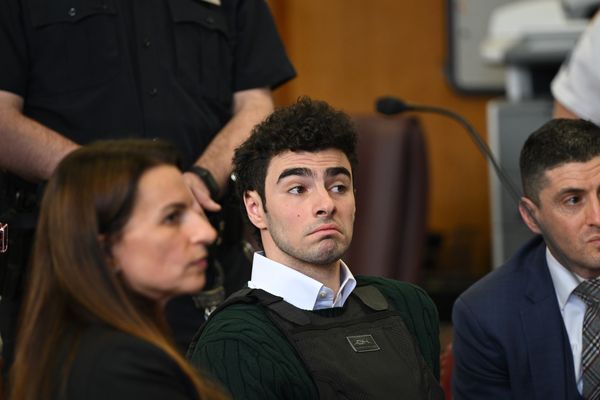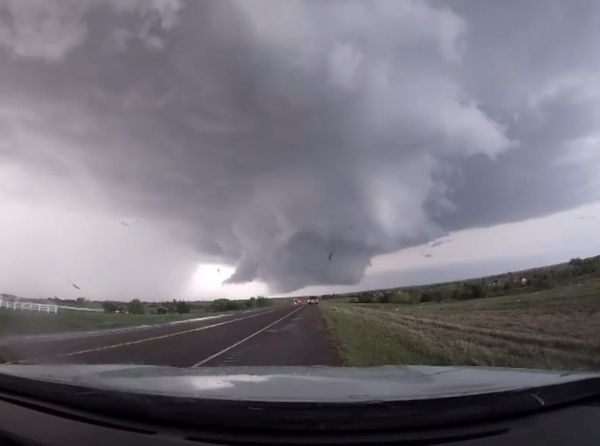
Cigarettes and alcohol are to blame for “night owls” dying young rather than lack of sleep, reveals long-term research.
Staying up late at night on a regular basis has little impact on how long people live, according to the results of the 37-year study.
The findings, based on data from more than 20,000 twins, show that evening types have a slightly increased risk of dying prematurely than morning types, but that is largely linked to smoking and drinking.
The study, published in the journal Chronobiology International, tracked participants over the course of more than 37 years in Finland to analyze the impact on the health of chronotype – the body’s natural inclination to sleep at a certain time.
Lead author Dr. Christer Hublin, of the Finnish Institute of Occupational Health, said: “Our findings suggest that there is little or no independent contribution of chronotype to mortality.
“In addition, the increased risk of mortality associated with being a clearly ‘evening’ person appears to be mainly accounted for by a larger consumption of tobacco and alcohol. This is compared to those who are clearly ‘morning’ persons.”
Previous studies have linked night owls with a higher risk of disease, especially heart problems.
Data published in 2018 from the UK Biobank found evening types have a small increased risk of death from any cause, including disease, and heart conditions.
The previous studies inspired the Finnish researchers as they wanted to analyze some elements which were not measured – alcohol consumption and the amount people smoked.

The new research, co-led by Dr. Jaakko Kaprio, followed 22,976 men and women aged 24 from 1981 to 2018.
At the start of the study, the twins were asked to pick from four possible responses: “I am clearly a morning person,” “I am to some extent a morning person,” “I am clearly an evening person” and “I am to some extent an evening person.”
The researchers took into account education, daily alcohol consumption, smoking status and quantity, body mass index (BMI), and sleep duration.
Results showed that 7,591 of the twins identified as ‘to some extent’ and 2,262 as ‘definite’ evening types. The figures for morning types were 6,354 and 6,769, respectively.
Compared to morning types, night owls were younger and drank/smoked more. Definite evening types were also less likely to report getting eight hours of sleep.
Of the total participants, 8,728 had died by 2018 and the chance of dying from any cause was nine percent higher among definite night owls compared to early birds.
However, the study found that smoking and alcohol largely caused those deaths, rather than chronotype.
Dr. Kaprio said: “This finding was highlighted by the fact non-smokers were at no increased risk of dying.
“The causes of deaths from alcohol included related disease as well as from accidental alcohol poisoning.”
He noted that they were more able to relate their findings to society as a whole.
Dr. Kaprio added: “The participants’ health was no different than the general population, whereas the UK Biobank’s were healthier than average.”
Produced in association with SWNS Talker
Edited by Saba Fatima and Newsdesk Manager







